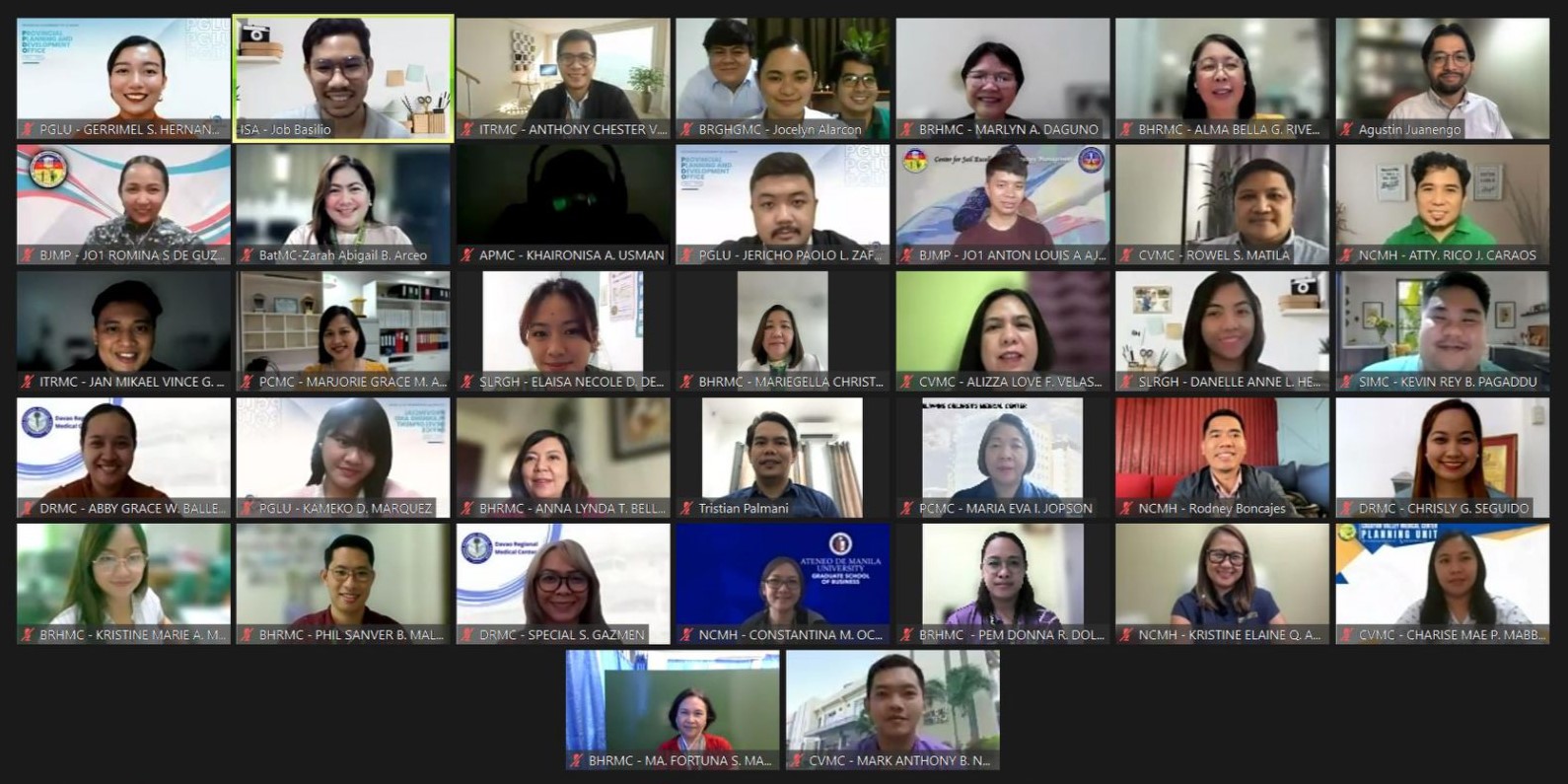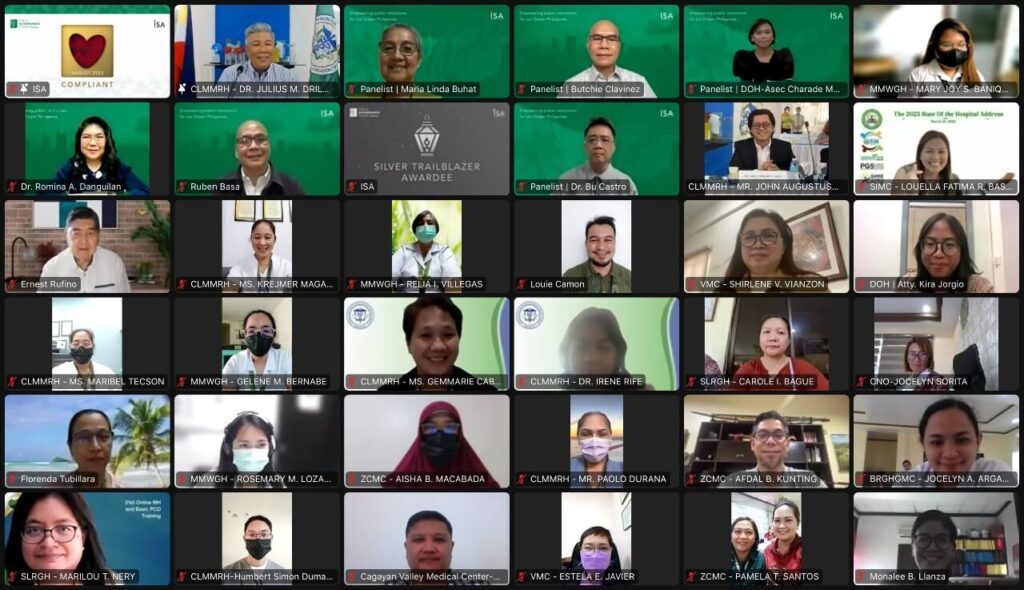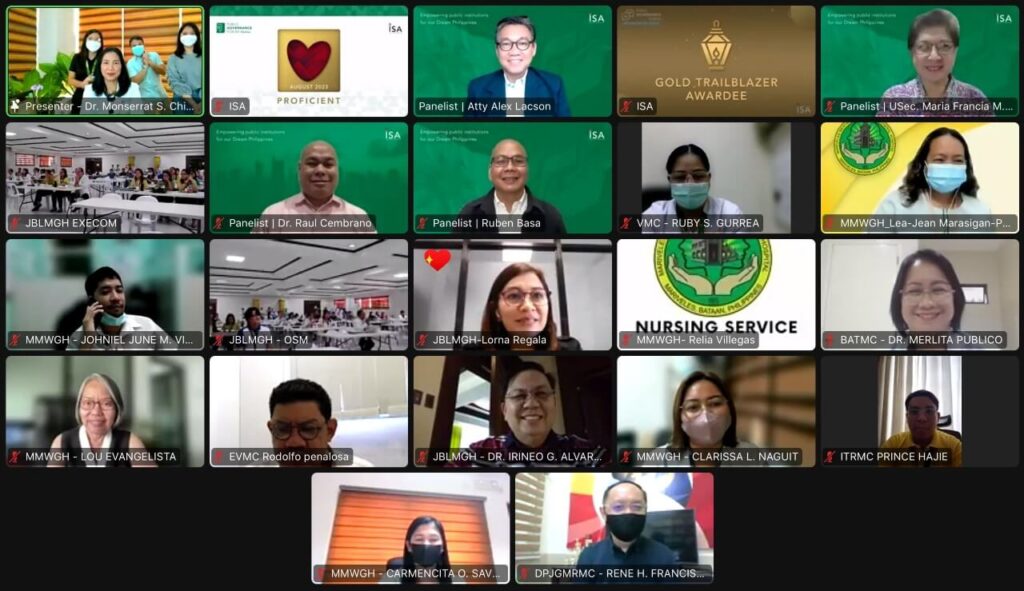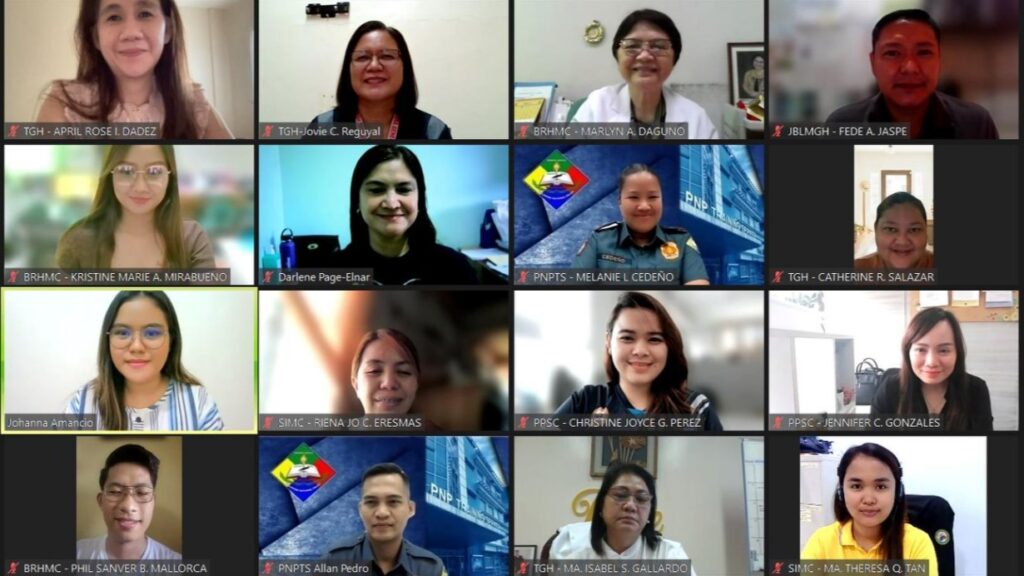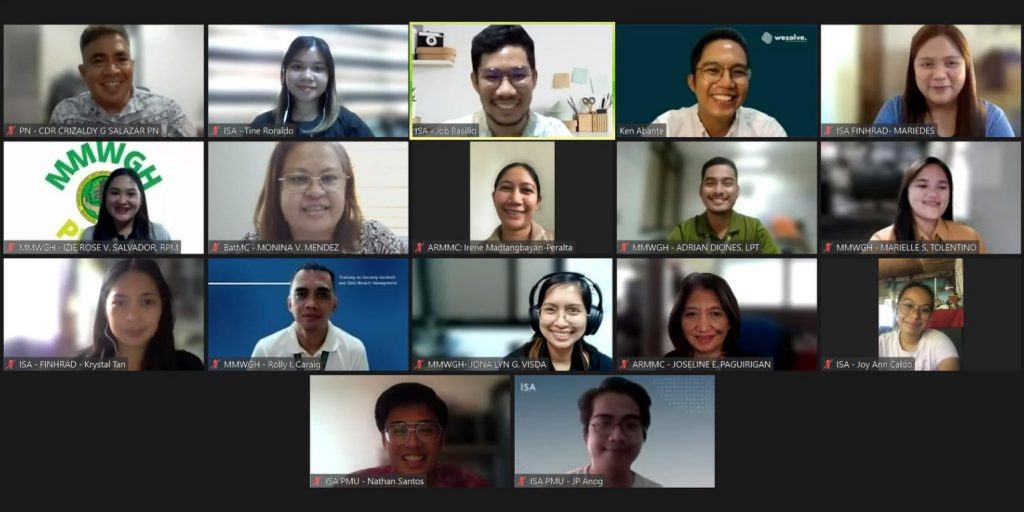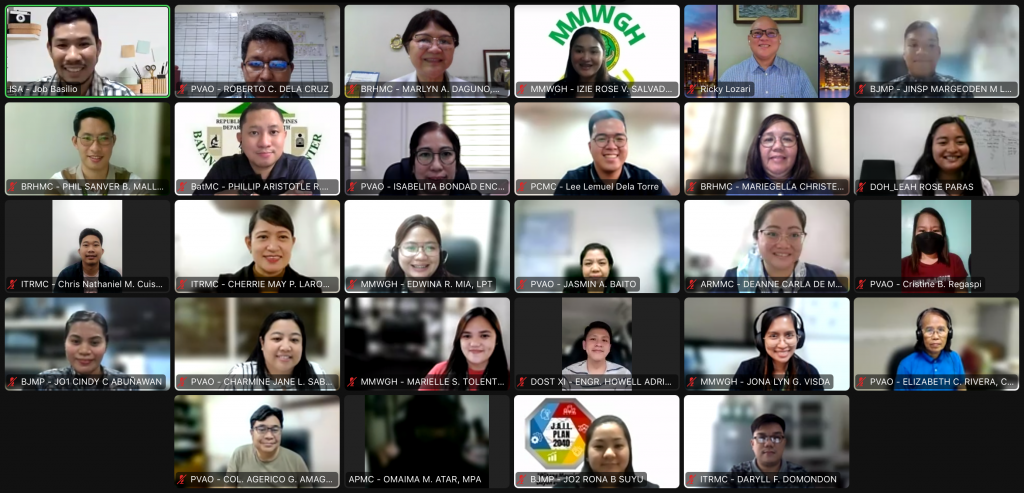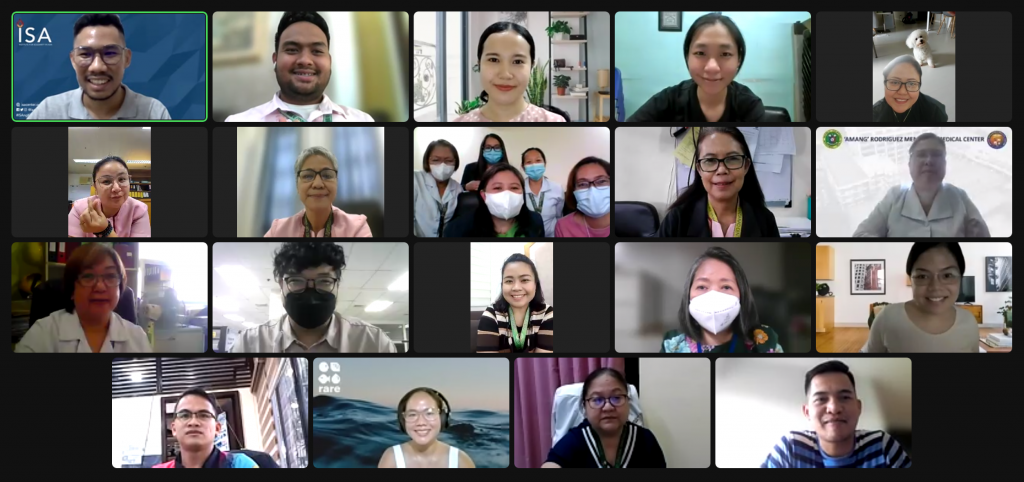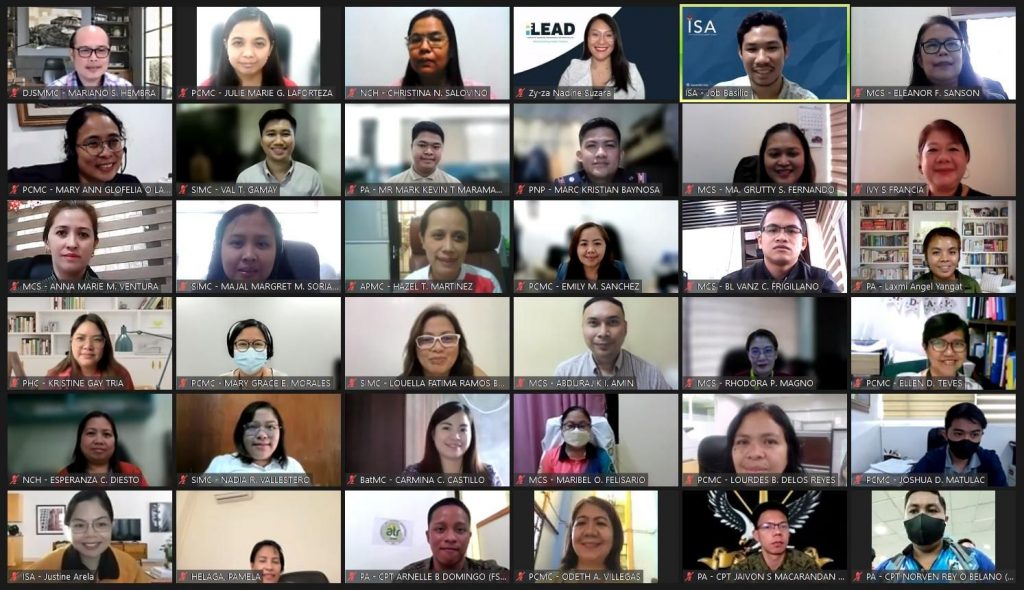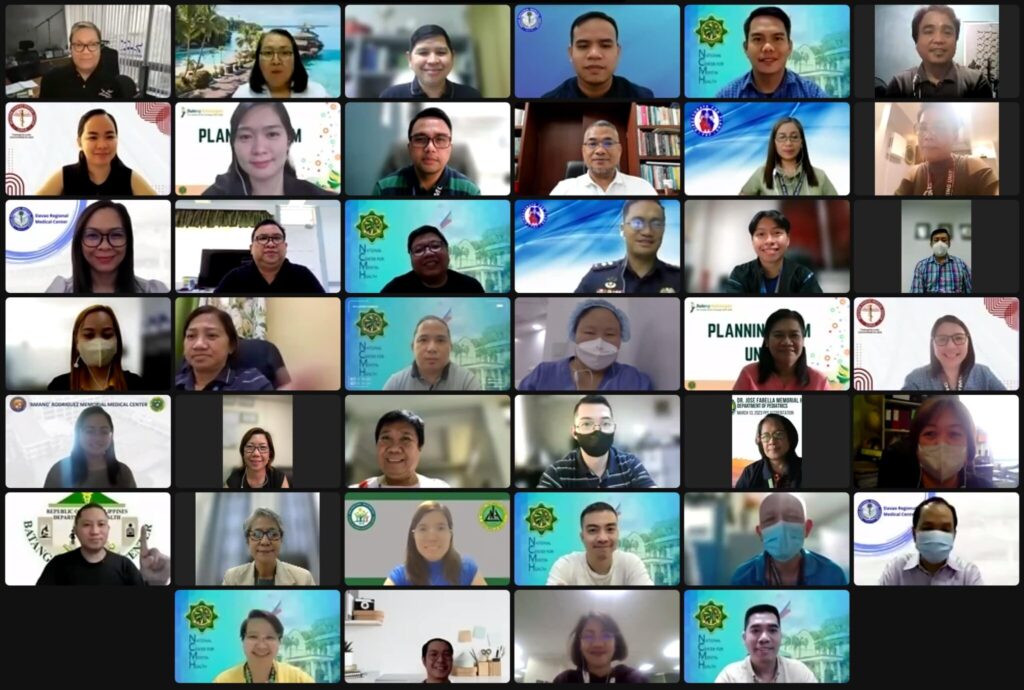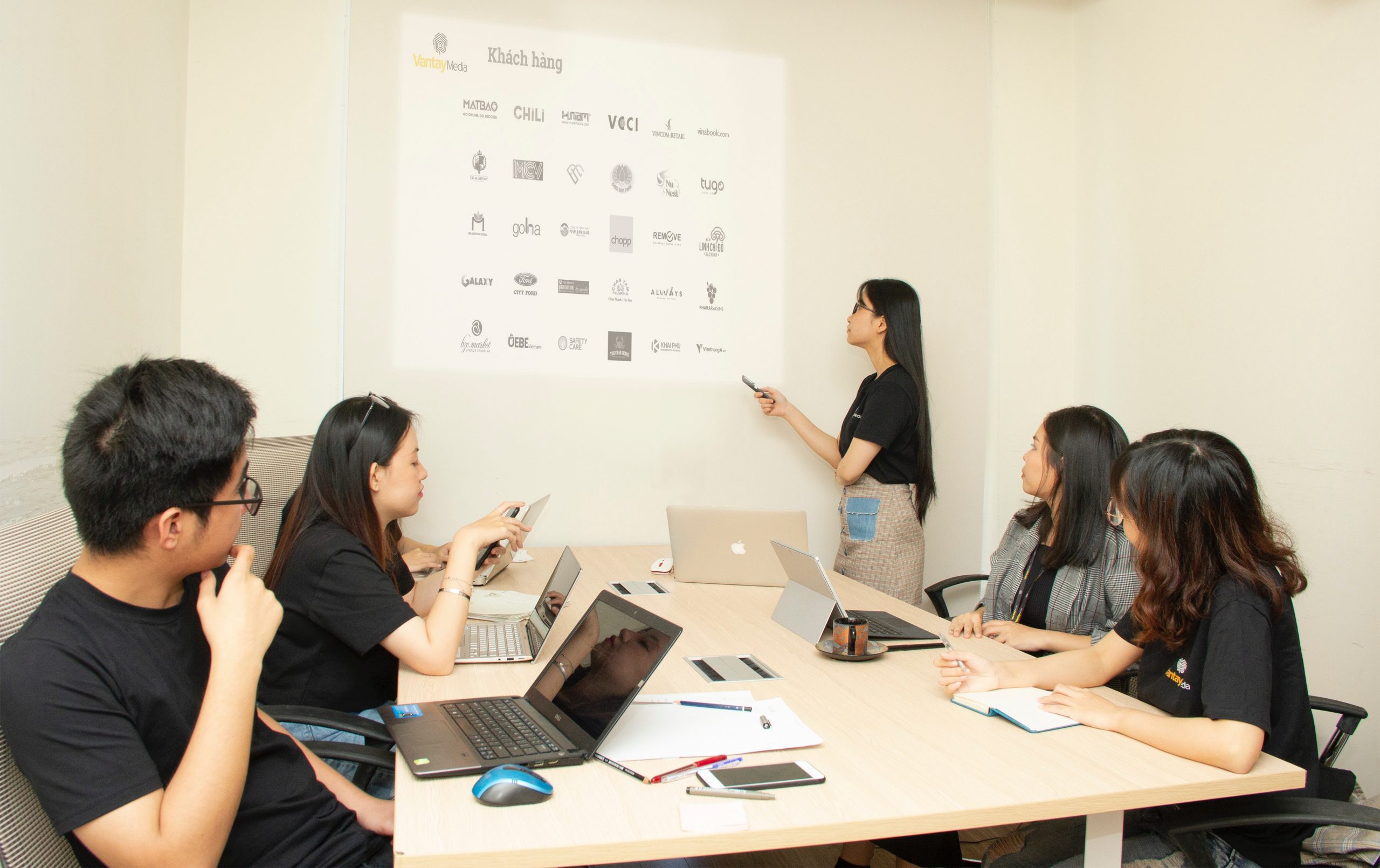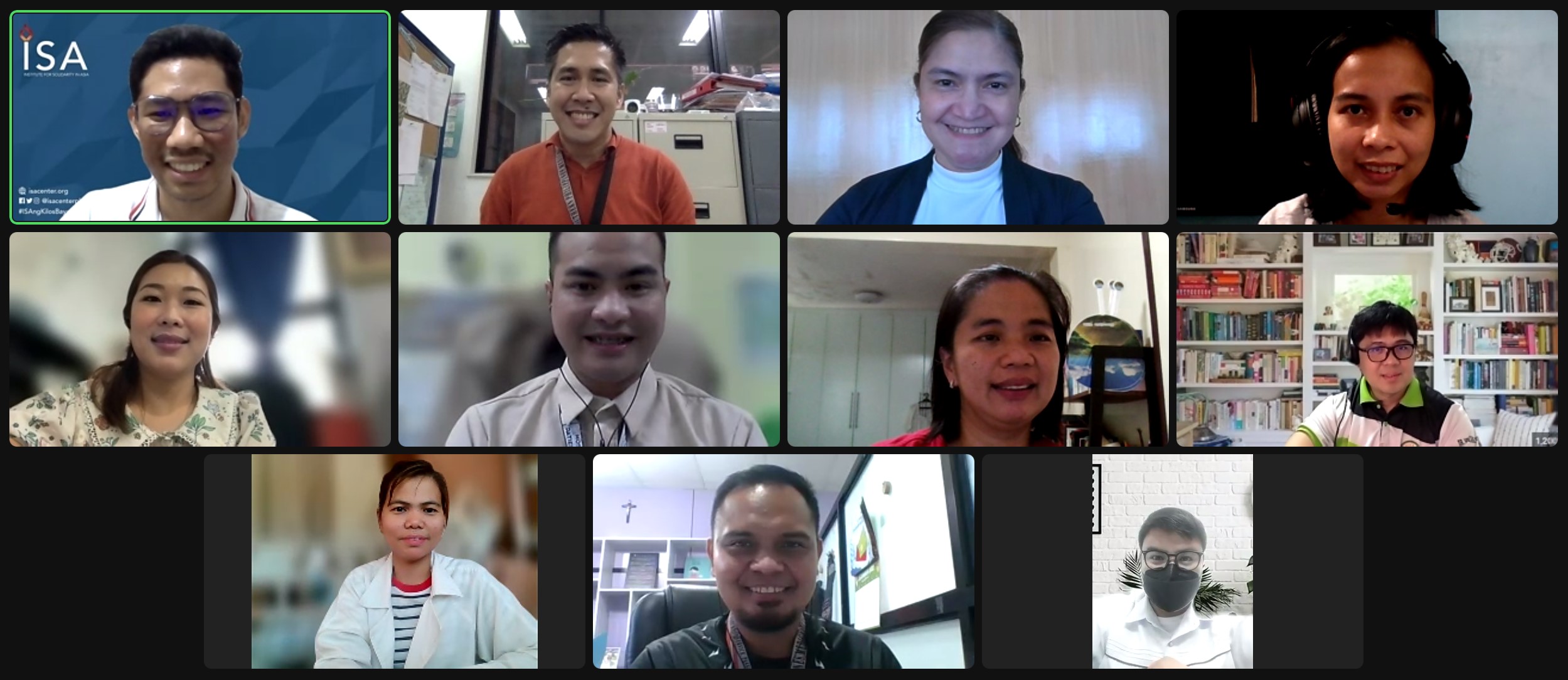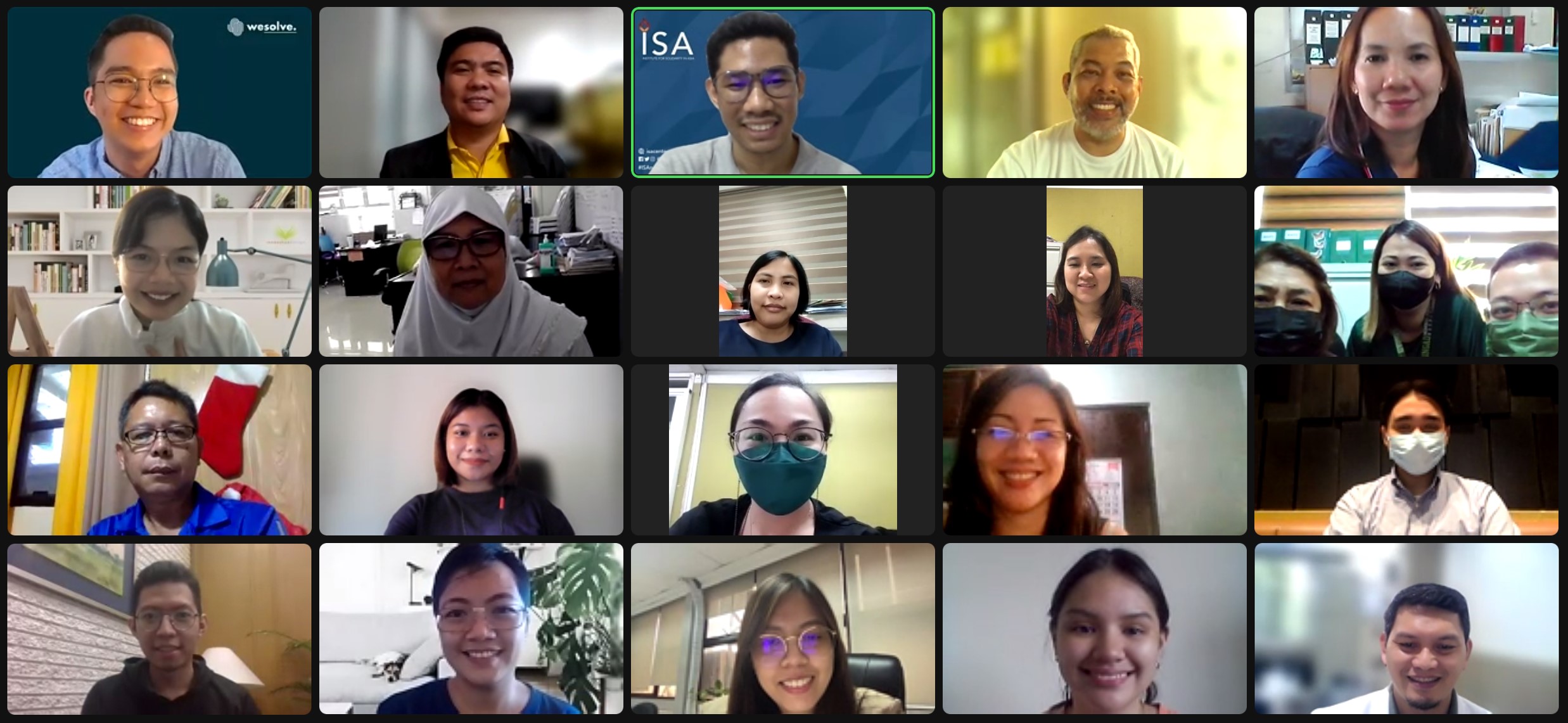Amid challenging weather conditions that brought forth unfavorable circumstances, the first run of the Institute for Solidarity in Asia’s (ISA) newest Skills Lab course remained a remarkable success, come rain or shine. Conducted from July 26 to 28, participants from various regions of the country, regardless of the weather, engaged in the recent Skills Lab focused on Building Compelling Revalida Narratives. Leading the session was Mr. Agustin Juanengo, an associate at Fennel Strategic Communications and Media Co.
Over three days, 44 delegates representing medical institutions and local government units convened to develop the skills to present their transformation narratives effectively by familiarizing them with different storytelling skills and developing an authentic and inspiring Performance Governance System (PGS) narrative.
Mr. Juanengo started the lecture by asking the delegates about their personal favorite stories. He emphasized that just like the purpose of narrative stories, revalida stories are not only informative but also entertaining for the audience. To narrate, analyze, and reflect are three key points in personal narrative writing. Knowing your audience before determining how to present your story is also critical. According to Mr. Juanengo, no one enjoys a lackluster plot. Creating an entertaining story requires planning out your plot and determining your main events as the process’s first steps.
In the final portion of the first part of his lecture, he explained each storytelling technique that the delegates can use in sharing their transformation narratives. From the classic monomyth or the hero’s journey to the complicated petal structure, he discussed eight storytelling techniques that can engage the audience in the transformation story of an organization.
During the Q&A portion of the first day of the Skills Lab, he taught the delegates how to design visual aids for their presentation effectively.
“Show, don’t tell,” Mr. Juanengo said. He recommended transporting your audience to a scene through the effective, clear, and impressive visual experience of pictures, videos, illustrations, and charts instead of plainly telling them about an event or idea in your story.
Mr. Juanengo further shared tips for the oral delivery of the revalida narratives. He said that telling your story through your own eyes and experience will make a huge difference in the emotions you convey and prevents you from sounding detached from your story.
“A good story is not necessarily one that is remembered from start to finish, but it’s a story that is always remembered,” he told the delegates. He also highlighted the importance of being committed to practicing your delivery before the actual day of the presentation.
After the workshop on the second day, partner feature speaker Dr. Rene H. Francisco of Dr. Paulino J. Garcia Memorial Research & Medical Center recalled their institution’s PGS journey and shared tips and techniques in transformative storytelling, effective visual presentation, and delivery of your organization’s narrative. He emphasized that great storytelling is possible with 90% preparation and 10% presentation.
“As you go through your PGS journey, don’t just tell your story just to present it. Be intentional and tell your story with passion and conviction with the goal of inspiring others to take action,” Dr. Francisco said.
Thirteen organizations presented their final outputs on the last day of the online workshop. Their stories varied from their organization’s transformation, real-life stories of their patients, and their mission and vision for their organization.
Mr. Juanengo ended the workshop by commending the presenters, adding that the workshop had the best presentations so far from this batch. He also expressed his optimism that the participants gained valuable insights to aid them during their real revalida experiences as they set forth on the path of organizational transformation.

